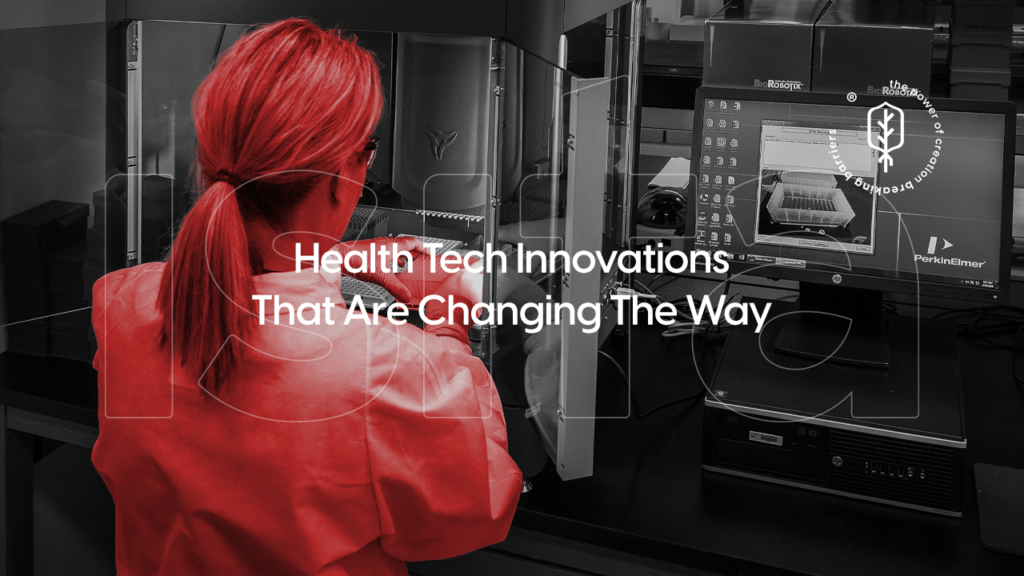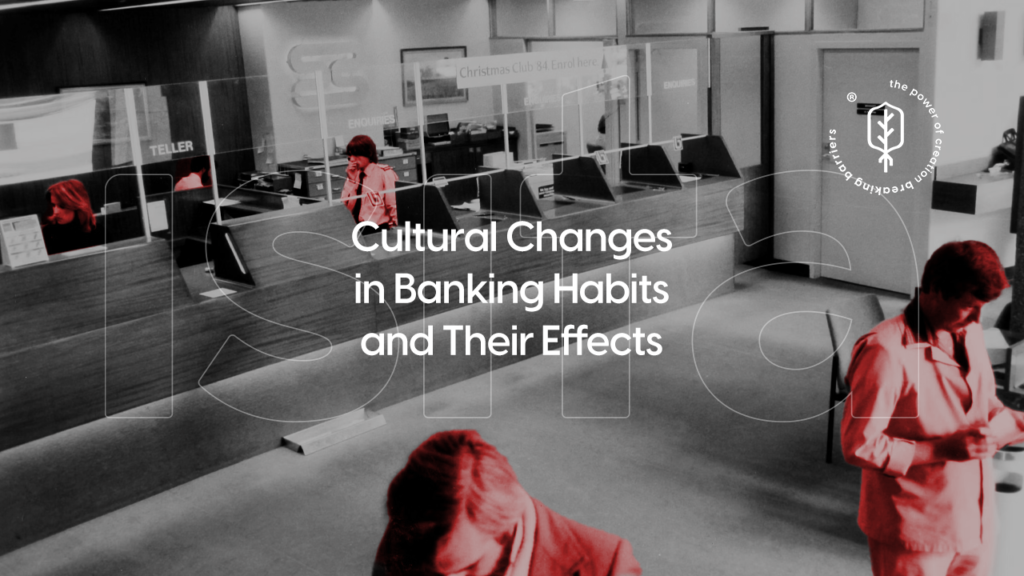One of the most powerful tools available for achieving this goal is ERP solutions (Enterprise Resource Planning). By integrating various business processes into a single, streamlined system, ERP solutions enable organizations to manage operations more efficiently, reduce costs, and improve decision-making. From finance and human resources to supply chain management and customer relationship management, ERP solutions offer a comprehensive approach to managing a business’s entire operation.
Implementing cutting-edge ERP solutions allows businesses to unify their data, improve collaboration across departments, and automate many routine tasks. As a result, companies can free up valuable resources, reduce manual errors, and focus on driving growth and innovation. In this post, we’ll explore how ERP solutions help businesses streamline their operations, optimize performance, and stay competitive in an increasingly digital world.
The Role of ERP Solutions in Modern Business
ERP solutions are essential for modern businesses looking to streamline operations and improve efficiency. By centralizing data and automating key processes, ERP solutions help businesses eliminate the need for manual data entry and reduce the risk of errors. This leads to more accurate information, which can be accessed in real-time by all relevant departments. The ability to access and share accurate data allows teams to collaborate more effectively, resulting in better decision-making and improved business performance.
One of the key benefits of ERP solutions is their ability to integrate various aspects of a business into a single platform. For example, an ERP system can combine financial management, supply chain operations, human resources, inventory management, and customer relationship management into one system. This eliminates the need for multiple, disconnected software tools and ensures that all data is stored in a central location, easily accessible by authorized personnel. By unifying these processes, businesses can reduce redundancies and improve overall operational efficiency.
In addition to streamlining operations, ERP solutions also provide businesses with valuable insights through data analytics. These systems can generate detailed reports and dashboards that provide a clear view of key performance indicators (KPIs). This data-driven approach allows business leaders to make informed decisions based on real-time information, ensuring that strategies are aligned with current market conditions and business objectives.
Key Features of Cutting-Edge ERP Solutions
Modern ERP solutions offer a wide range of features designed to help businesses optimize their operations. When selecting an ERP system, it’s important to consider the features that will have the most significant impact on your organization’s performance. Here are some key features that cutting-edge ERP solutions offer:
1. Automation of Routine Tasks
One of the most significant advantages of ERP solutions is their ability to automate routine tasks, such as payroll processing, inventory management, and order fulfillment. By automating these tasks, businesses can reduce the amount of manual work required, allowing employees to focus on more strategic initiatives. Automation also helps eliminate errors that can occur during manual data entry, leading to more accurate and reliable information.
2. Real-Time Data Access
With ERP solutions, businesses can access real-time data from across the organization. Whether it’s financial data, inventory levels, or customer information, all relevant data is available in one place. This real-time access enables businesses to respond quickly to changing market conditions, make informed decisions, and improve overall agility.
3. Scalability
As businesses grow, their operational needs evolve. Cutting-edge ERP solutions are designed to be scalable, allowing businesses to add new modules and features as needed. Whether it’s expanding into new markets, launching new products, or increasing workforce size, ERP systems can grow with the business, ensuring that operations continue to run smoothly.
4. Advanced Reporting and Analytics
ERP solutions offer advanced reporting and analytics tools that provide businesses with deep insights into their operations. From sales trends to production efficiency, ERP systems generate reports that help business leaders understand the strengths and weaknesses of their operations. This data-driven approach empowers businesses to make smarter decisions and continuously improve their performance.
5. Enhanced Security and Compliance
In today’s data-driven world, protecting sensitive information is more critical than ever. Cutting-edge ERP solutions are equipped with robust security features, including data encryption, user authentication, and access control. These systems ensure that only authorized personnel can access sensitive data, reducing the risk of data breaches. Additionally, ERP systems help businesses comply with industry regulations by automating compliance-related tasks and generating reports required for audits.
How ERP Solutions Improve Collaboration and Communication
Effective communication and collaboration are essential for running a successful business. However, many organizations struggle with siloed departments and disconnected systems that make it difficult for teams to work together. ERP solutions solve this problem by centralizing all business data in one system, providing employees with the tools they need to collaborate seamlessly.
For example, ERP solutions enable real-time collaboration between different departments, such as sales, finance, and operations. When a sales team closes a deal, the information is immediately available to the finance team, which can then generate invoices and track payments. At the same time, the operations team can access the order details to manage inventory and schedule production. This level of integration ensures that all departments are aligned and working towards the same goals.
Moreover, ERP solutions often include communication tools that facilitate collaboration. Team members can share documents, communicate through integrated messaging systems, and track the progress of tasks in real-time. By improving communication and collaboration, ERP systems help businesses operate more efficiently and reduce the risk of miscommunication or delays.
Reducing Costs and Increasing Efficiency with ERP Solutions
One of the primary reasons businesses implement ERP solutions is to reduce operational costs and increase efficiency. By automating tasks, improving collaboration, and providing real-time data access, ERP systems enable businesses to operate more efficiently with fewer resources. This leads to cost savings in several areas, including labor, inventory management, and production.
For instance, by automating inventory management, businesses can reduce the amount of stock they need to keep on hand, minimizing storage costs and reducing the risk of overstocking or stockouts. Additionally, ERP solutions help businesses optimize their supply chains by providing better visibility into supplier performance, production schedules, and demand forecasts. This ensures that companies can reduce lead times, negotiate better terms with suppliers, and improve overall supply chain efficiency.
Furthermore, ERP solutions help businesses reduce labor costs by automating tasks that would otherwise require manual intervention. For example, payroll processing, expense reporting, and financial reconciliations can all be automated, freeing up employees to focus on more valuable tasks. By streamlining these processes, businesses can operate more efficiently and reduce the time and effort required to complete routine tasks.
Enhancing Customer Satisfaction with ERP Solutions
In addition to improving internal operations, ERP solutions also play a crucial role in enhancing customer satisfaction. By providing real-time access to customer data, businesses can deliver more personalized service, respond quickly to customer inquiries, and ensure that orders are processed and delivered on time. ERP systems enable businesses to track customer interactions, monitor order status, and manage customer support more effectively.
For example, when a customer contacts a business to inquire about an order, the customer service representative can quickly access the order details, including the shipping status and delivery date. This level of visibility enables the representative to provide accurate and timely information, improving the overall customer experience.
Additionally, ERP systems help businesses manage customer relationships by tracking interactions, preferences, and feedback. This data can be used to create targeted marketing campaigns, improve product offerings, and enhance customer loyalty. By leveraging ERP solutions, businesses can build stronger relationships with their customers and deliver the high level of service that today’s consumers expect.
Conclusion
ERP solutions are essential for businesses looking to streamline operations, improve efficiency, and stay competitive in a rapidly changing marketplace. By automating routine tasks, providing real-time data access, and improving collaboration, ERP systems help businesses optimize their operations and make informed decisions. Whether it’s reducing costs, increasing efficiency, or enhancing customer satisfaction, ERP solutions offer a comprehensive approach to managing business processes.
For companies seeking to improve their performance and achieve sustainable growth, implementing cutting-edge ERP solutions is a critical step. With the right ERP system in place, businesses can unlock new opportunities, respond quickly to market changes, and deliver exceptional value to their customers.
To stay updated on the latest trends in ERP solutions and how they can transform your business, subscribe to our newsletter today!



